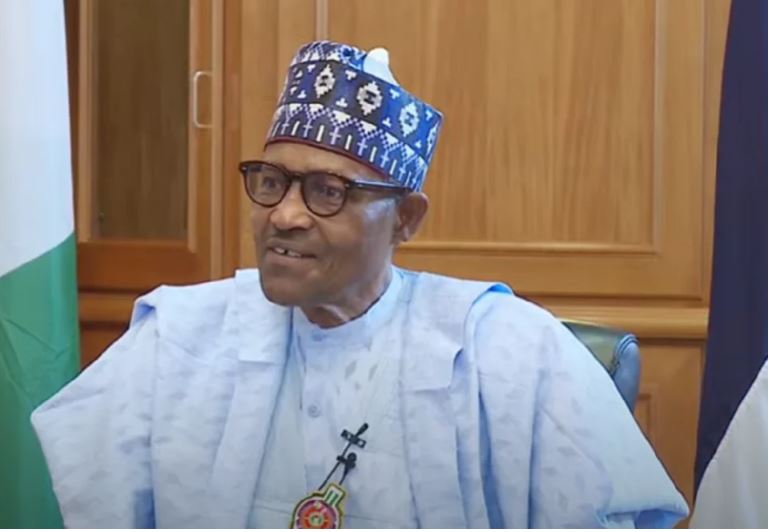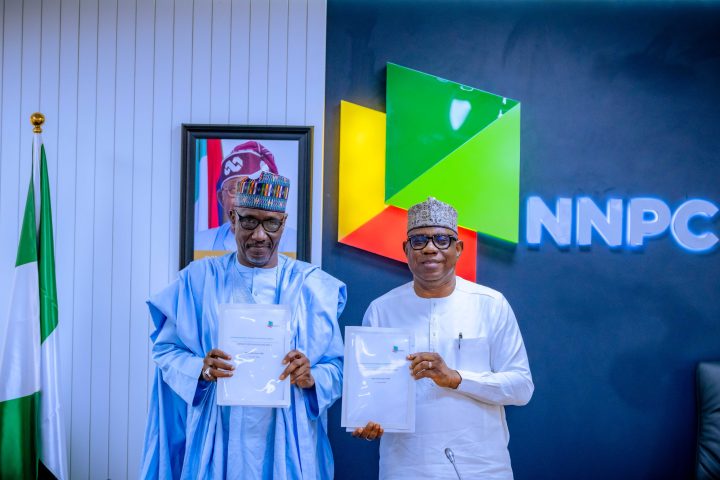Nigeria’s debt crisis will continue if the country’s revenue generation fails to improve, the partner and head of tax, regulatory and people services at KPMG Nigeria, Adewale Ajayi, has revealed.
During their October 2022 episode of the KPMG Social Media Tax Chat, Ajayi informed Nigerians that the only way out of the debt crisis is for the government to grow revenue to finance budget deficit.
Join our WhatsApp ChannelAccording to him, using revenue to investment in revenue-generating infrastructure will reduce government’s need to borrow to fund budget deficit, which will only worsen the debt situation of the country.
Prime Business Africa had reported that the 2023 budget deficit is N10.78 trillion, and President Muhammadu Buhari’s administration plan to borrow N9.32 trillion from domestic and foreign creditors to fund the budget deficit.
As at the end of the first quarter 2022, Nigeria’s debt is around N41.6 trillion, rising from N39.56 trillion recorded at the end of December 2021, due to low oil and non-oil revenue.
Already, Nigeria’s debt service-to-revenue ratio has been projected to hit 92 per cent this year, from 76 per cent in 2021, according to the International Monetary Fund (IMF).
Explaining the situation Nigeria is currently in during the social media tax chat titled ‘2023 Budget: Is Nigeria facing a revenue crisis or a debt crisis?’, Ajayi said, “If we do not generate enough revenue, we would have to borrow. Borrowing to fund recurrent expenditure instead of revenue-generating infrastructure will lead to a vicious circle where we keep borrowing.”
Ajayi said improving non-oil revenue will help solve the debt crisis of the country, “Diversification from oil revenue to non-oil revenue like technology will increase our revenue strength in the country.”
He said it is a crucial aspect the government needs to focus on from the success stories of leading countries. The tax expert also advised government to extend tax incentives, amongst others to companies and investors.
“The cost of incentives to pioneer companies or investors should not be overlooked as they can also affect income to the coming government.”


















Follow Us